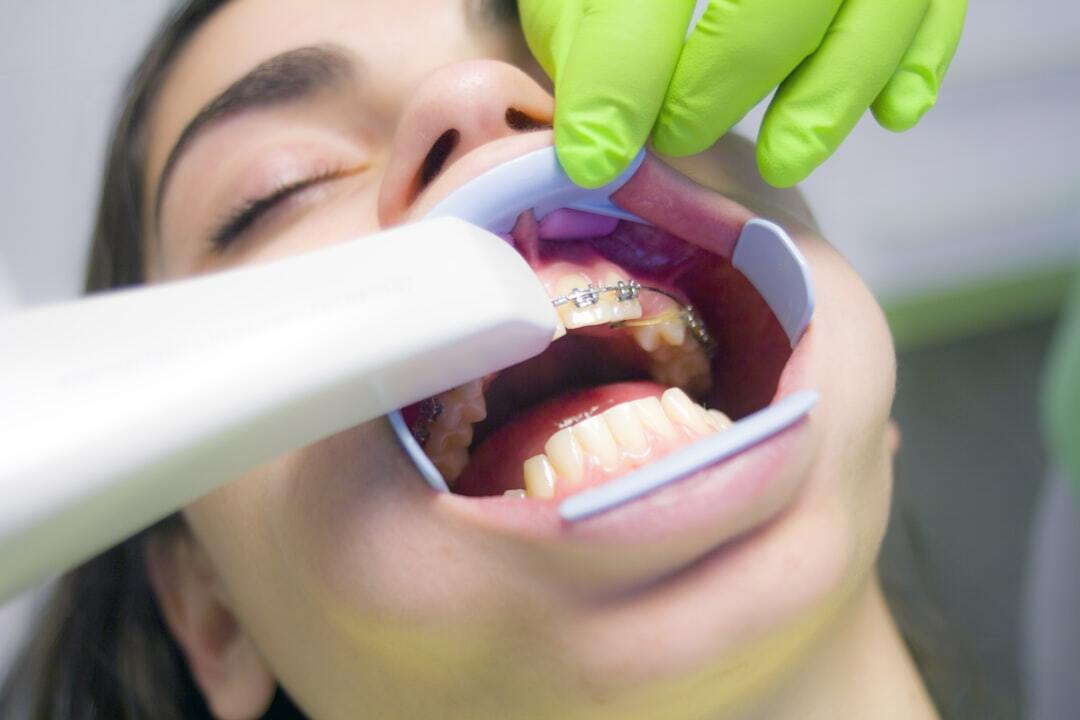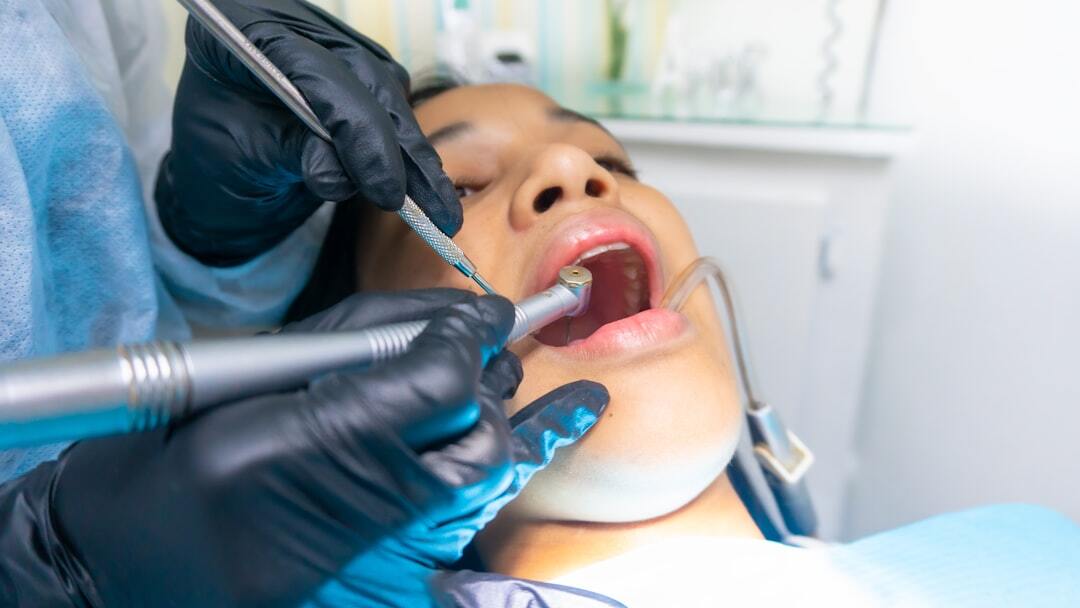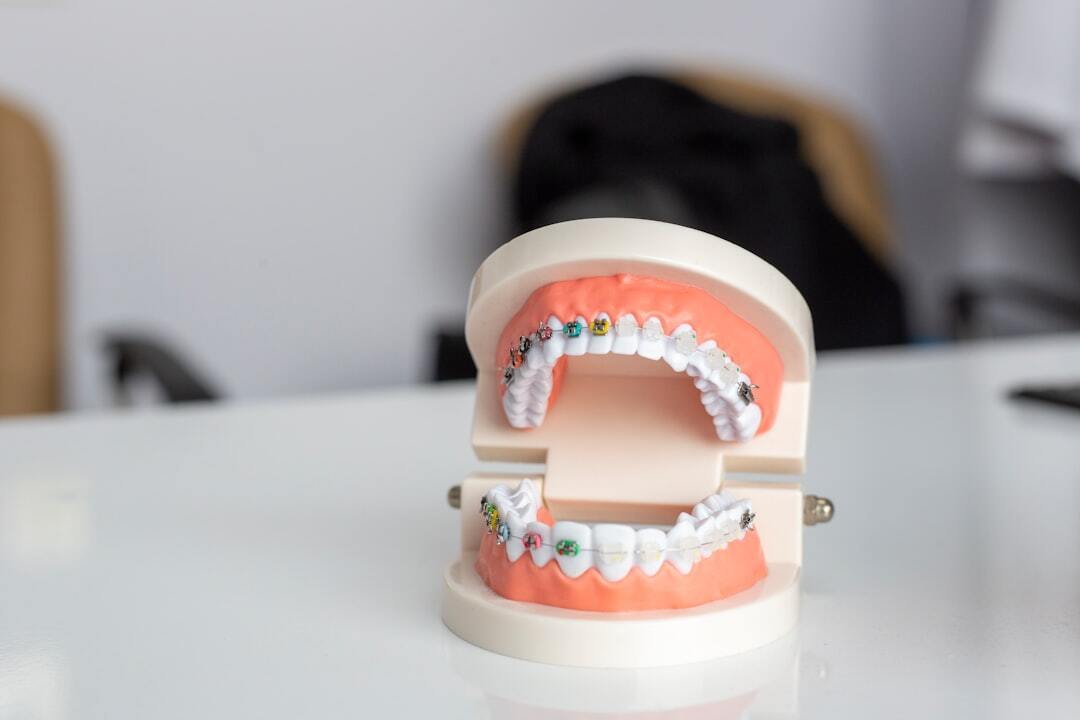
Taking care of your teeth and gums is essential for your overall health and well-being. Regular dental care not only helps you maintain a bright and healthy smile but also plays a crucial role in preventing various dental problems such as cavities, gum disease, and bad breath.
One of the key aspects of dental care is regular visits to the dentist. Dentists recommend having a check-up and cleaning at least twice a year to detect any issues early and prevent them from worsening. During these visits, your dentist will check for cavities, gum disease, oral cancer, and other dental problems, allowing for timely intervention. Book a free consultation to schedule your next dental checkup.
In addition to professional dental care, it is important to maintain good oral hygiene practices at home. This includes brushing your teeth at least twice a day, flossing daily, and using mouthwash to help kill bacteria and freshen your breath. Good oral hygiene can help prevent plaque buildup, cavities, and gum disease.
Another important aspect of dental care is watching your diet. Limiting sugary foods and drinks can help prevent tooth decay, while eating a balanced diet rich in vitamins and minerals can help promote healthy teeth and gums. Drinking plenty of water is also beneficial for your dental health as it helps wash away food particles and bacteria. View the testimonials to learn more about the benefits of staying hydrated for optimal oral health.
Overall, prioritizing regular dental care is crucial for maintaining good oral health. By visiting your dentist regularly, practicing good oral hygiene at home, and watching your diet, you can prevent dental problems and keep your smile looking bright and healthy for years to come. Check out this post for more details related to this article: https://en.wikipedia.org/wiki/Dental_braces.


